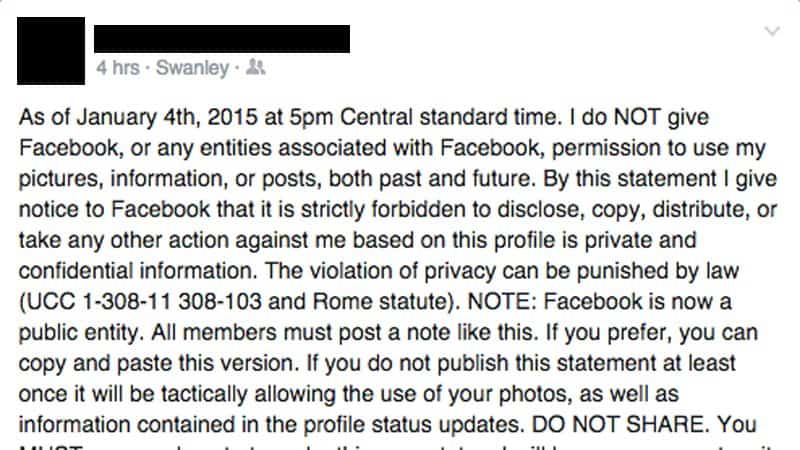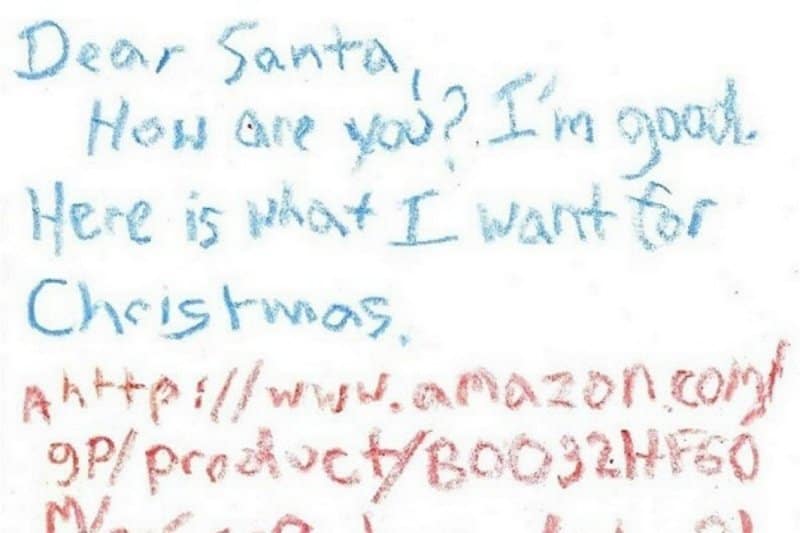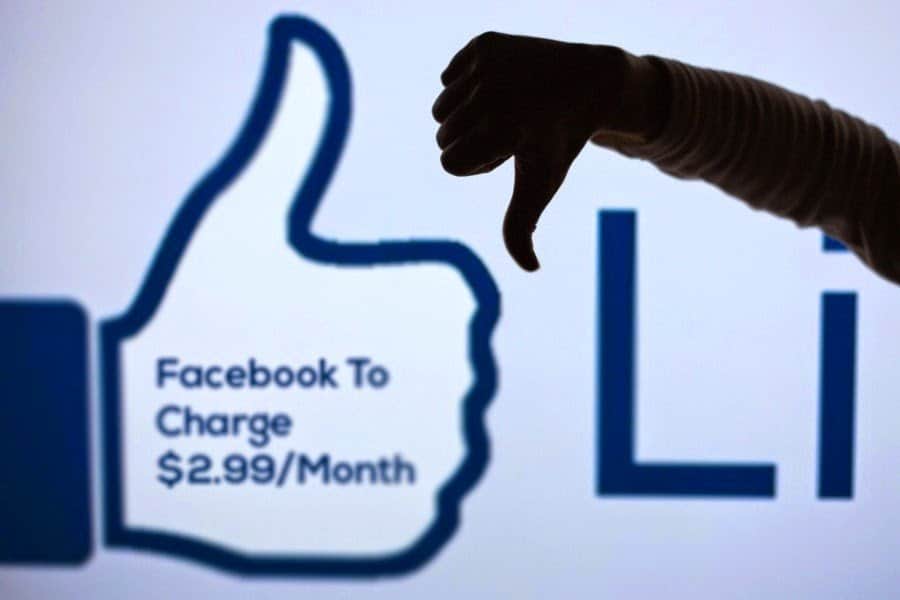13 Of The Most Ridiculous Hoaxes Spread Through Facebook And Twitter
Funny, Lists, Shocking, Social, TechnologyFacebook and Twitter make it easy to keep in touch with friends, relatives, and public figures across the globe, but they’ve become so much more than that. The ability to reach a worldwide audience is now at the fingertips of anyone who logs in — including lots of nefarious pranksters who get a real kick out of fooling as many people as possible into believing ridiculous things. They’re perpetrators of internet hoaxes, deliberately crafted false stories that take advantage of our propensity to “Like” and “Share” without doing our research or checking the facts first. Check out our list of the 13 most ridiculous hoaxes ever perpetuated through social media.
The Fake Sports Journalist

In 2014, 16-Year-Old Samuel Gardiner fooled thousands of UK football fans when he pretended to be a sports journalist working for The Times and The Daily Telegraph. At the height of his popularity, “Samuel Rhodes” had over 20,000 followers on his Twitter account, and was re-tweeted by several sports websites.
Finally, The Times and Telegraph caught on to the fraudulent account and exposed it, but not before thousands of people read and shared his completely made-up sports updates.
Oh, and the picture he used for his Twitter account? It’s actually just a stock photo of a business man.
Fake Vacation

Dutch artist Zilla Van Den Born decided to conduct a little a social experiment over Facebook. In 2014, she pretended to leave Amsterdam and travel around Asia for a few weeks. She even went as far as to have her family drop her off at the airport. But after they left, Zilla simply took the bus back home.
She used photoshop to create pictures of herself enjoying exotic locations around South East Asia, and posted them on Facebook. She was sure to stay consistent with the time difference skyping her family early in the morning from her own bedroom, which she modified slightly to look like a hotel room.
Nobody suspected a thing for the whole five week period. Apparently, it’s incredibly easy to fake a vacation.
Manti Te’o Non-Existent Kove Interest

Chargers’ linebacker Manti Te’o was the victim of an unfortunate hoax between the years of 2011 and 2012. During that time, he was in a long-distance relationship with a woman named Lennary Kekua. When her Facebook account indicated she had suddenly died, Te’o was absolutely heartbroken. News outlets and social media users showed support for the grieving football player.
The truly heartbreaking part of this story? Lennary Kekua, the woman Te’o had been in love with for a whole year, never even existed. She was actually a persona made up by 22-year old Ronaiah Tuissosopop. He used a photo of a high school friend to represent the imaginary woman on Facebook.
Tuissosopop says he really did fall in love with Te’o, but found himself in too deep, and thus decided to fake Lennary’s death.
Fake Hurricane Sandy images

As Hurricane Sandy hit New York City, many Facebook users shared breathtaking pictures like this one. As it turned out, however, the majority of them were just photoshopped images of other storms merged with famous NYC landmarks.
Apple Wave

Users of 4chan, an online message board notorious for engaging in hilarious acts of “trolling”, spread around a fake Apple press release claiming the iPhone’s new iOS 8 software allowed the device to be recharged in a household microwave.
The phony update, called “Wave”, promised to charge an iPhone fully after one minute of microwaving. Obviously, it didn’t work.
#BaldforBieber

4chan strikes again! In 2012, members of the group hacked into several prominent Twitter accounts, tweeting phony updates about pop superstar Justin Bieber. Specifically, they stated the Canadian singer had been diagnosed with cancer, and that fans everywhere had taken to shaving their heads out of support.
The trend caught on, #BaldForBieber went viral, and a ton of people shaved their heads and posted pictures online, despite the fact that “the Bieb” never even had cancer.
Facebook Privacy Notice

The fear that a service will change significantly or begin charging users has been exploited for many widespread hoaxes. But the latest one to grip Facebook users took advantage of increased concerns over privacy and user data.
Unless you post a lengthy “privacy notice” on your wall, so the story went, Facebook would be able to use your private information for whatever nefarious purpose they want.
In the end, the fears were totally unfounded, and you can’t opt-out of the terms and conditions you agreed to when joining Facebook by posting a status update.
Letter to Santa

This letter to Santa circulated around Twitter for several weeks, with most commentary bemoaning the fact that kids today are growing up with so much technology in their lives.
Instead of telling Santa the specific toys they wanted, the supposed child who the letter simply gave Santa the product’s Amazon URL.
As it turns out, the “letter” was the work of a comedian, who posted it on his website. Somebody stole it, gave it a different context, and voila! Twitter hoax.
Facebook’s Drug Taskforce

By now, most people have been fooled by The Onion enough times to know it’s a satirical website. But what about other satire news sites like National Report?
Proving that people generally don’t bother to check their sources, a completely ridiculous story about a “Facebook Drug Taskforce” circulated last year. The imaginary law enforcement agency was supposedly set up to monitor communication on Facebook and arrest anyone using the service to buy or sell illegal drugs. Of course, Facebook employees don’t yet have the authority to raid your home, scoop you up, and whisk you away to be interrogated at Facebook headquarters.
Three-breasted woman

Alisha Hessler fooled a lot of people into believing she had a third breast surgically implanted in her chest. In reality, she was just wearing a very convincing prosthesis. After her pictures went viral, Hessler went decided to pursue a career in pop music. Hey, Lady Gaga routinely does wackier things than pretend to have a third boob.
Justin Bieber Ringtone Saves Russian Man From Bear

Fueled by massive social media interest, dozens upon dozens of news outlets reported that a Russian man was saved from a bear mauling after his Justin Bieber ringtone went off and, apparently, scared the bear away.
If the story sounds too sensational to be true, that’s because it is. The part about the bear attack was true, but there was no mention of a Justin Bieber ringtone anywhere in the original Russian news reports. As it turns out, that bit was added by an Austrian tabloid during the translation process.
“Drunk Girl In Public” Video

You can’t always believe everything you see in a video. Case in point: the super-viral “drunk girl” social experiment, which purported to show men acting inappropriately around what they thought was a heavily intoxicated women.
In the video, several men are approached by a woman who appears to be very drunk. They act like total creeps for a bit, before the “drunk” actress walks away as the camera zooms in on the men’s faces and shames them for acting inappropriately. The video was an instant sensation and spread like wildfire around social media and news outlets.
Unfortunately for the men in the video, the whole thing was staged to make them look like predators. They had been coached by the actress to behave that way, apparently believing they were being asked to act in a student film.
Josh Blaine, one of the “predators” shown in the video, said “Guess this is what I get for being agreeable to someone’s project…it was supposed to be a funny skit.” He went on to say the video severely hurt his social life.
In the backlash that followed, Jennifer Box, the “drunk” actress in the video, apologized for being involved in a project that blatantly misled the public. Director Stephen Zhang backpedaled by changing the name of the video to “Drunk Girl in Public (Awareness Skit)“, but by then it was too late. Zhang is a marketing professional who specializes in creating viral video content, so on that end he succeeded.
Facebook Fee

Every single year, like clockwork, people post statuses to their Facebook wall protesting the website’s new monthly payment scheme. People just don’t seem to get the message: Facebook is free, and it always will be — just ask Facebook.
On their FAQ page, they have this to say:
Question: Will Facebook ever charge for service?
Answer: No. We will always keep Facebook a free service for everyone.
So there you have it, Facebook is free, they won’t ever require monthly payments, and even if they did — it’s doubtful you could change anything by copy-and-pasting a status to your wall.



